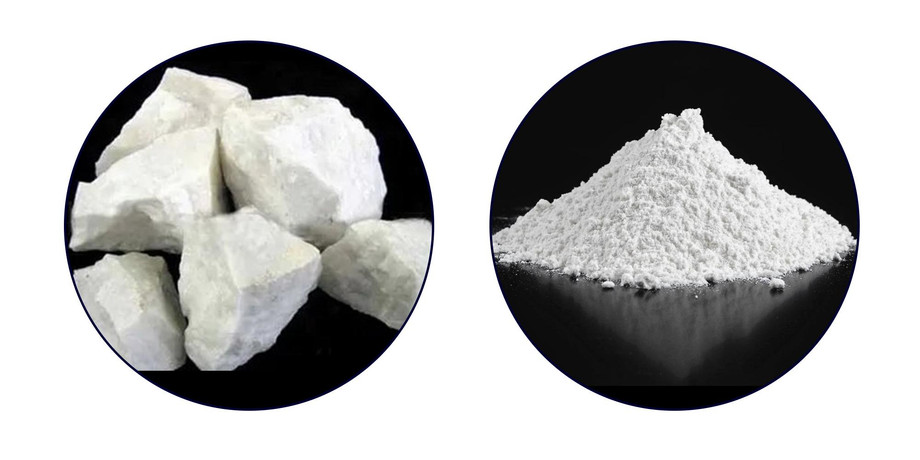Dolomite is a versatile mineral that has gained popularity in various industries due to its unique properties and applications. In this comprehensive guide, we will dive into the world of dolomite, exploring its uses, benefits, and significance in different fields. Whether you are a geology enthusiast, a gardener looking for the perfect soil amendment, or a scientist researching new materials, this blog will provide you with everything you need to know about dolomite.
What is Dolomite?
Dolomite, scientifically known as calcium magnesium carbonate (CaMg(CO3)2), is a mineral that forms in sedimentary rocks. It is often found alongside limestone and is composed of calcium and magnesium carbonates. Dolomite typically occurs in massive or granular form, with colors ranging from white to gray, pink, or even brown.
Formation and Distribution:
Dolomite forms through the replacement of calcium in limestone by magnesium-rich fluids. This process, known as dolomitization, occurs in warm, shallow marine environments over millions of years. The mineral is widely distributed across the globe, with major deposits found in countries like Italy, the United States, China, and Spain.
Uses and Applications:
1. Construction Industry: Dolomite is a key ingredient in the production of cement and concrete. Its high magnesium content makes it an excellent filler material, enhancing the strength and durability of construction materials.
2. Agriculture and Gardening: Dolomite is commonly used as a soil amendment to correct acidic soils and provide essential nutrients to plants. Its calcium and magnesium components help promote healthy root development and improve overall soil fertility.
3. Steel and Magnesium Production: Dolomite is a vital raw material in the production of steel. It is used as a fluxing agent to remove impurities and improve the efficiency of steelmaking processes. Additionally, dolomite is a significant source of magnesium, a crucial alloying element in the production of lightweight metals.
4. Water Treatment: Dolomite is widely employed in water treatment processes. Its alkaline nature helps neutralize acidic water, making it safe for consumption and preventing corrosion in pipes and equipment.
5. Chemical Industry: Dolomite is utilized in the manufacturing of various chemicals, including magnesium oxide, magnesium hydroxide, and magnesium carbonate. These chemicals find applications in pharmaceuticals, cosmetics, and environmental remediation.
Benefits of Dolomite:
- pH Balancing: Dolomite can effectively neutralize acidic soils, creating optimal conditions for plant growth.
- Nutrient Availability: The calcium and magnesium in dolomite enhance nutrient availability in the soil, ensuring healthier plant development.
- Soil Structure Improvement: Dolomite helps improve soil structure by reducing compaction and enhancing water and nutrient retention.
Conclusion:
Dolomite is a versatile mineral that plays a crucial role in multiple industries, from construction to agriculture and beyond. Its unique properties and applications make it a valuable resource worldwide. Whether you are working on a construction project, maintaining a garden, or exploring new scientific frontiers, understanding the significance of dolomite is essential. Fillerboy, a leading provider in dolomite products, offers a wide range of high-quality solutions to meet your specific needs.

